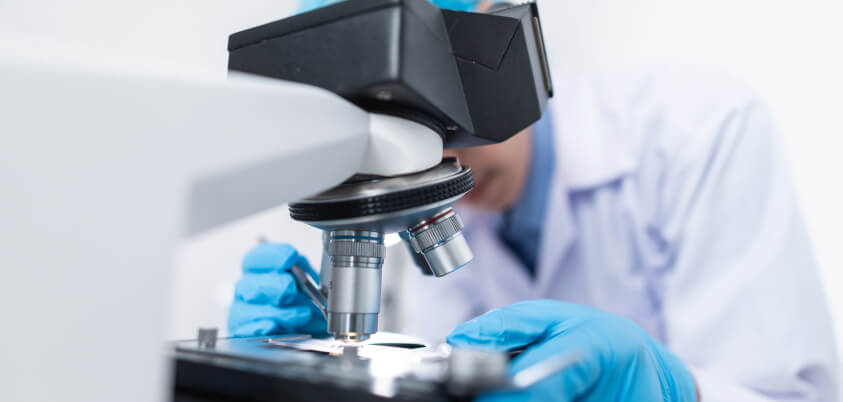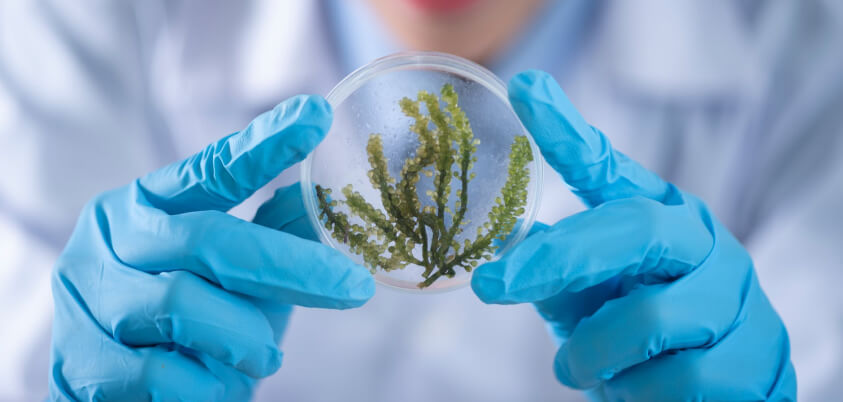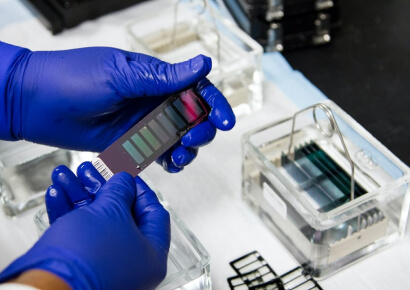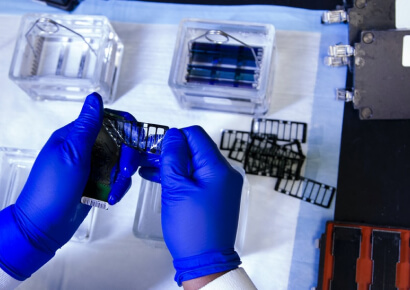
Laboratories used for scientific research take many from
Laboratories Utilised for Scientific Research Take Many Forms
Scientific discovery thrives in the fertile grounds of research laboratories, where innovation and inquiry are bound only by the limits of human curiosity. These laboratories are the fortresses of advancement and experimentation, playing an indispensable role in the pursuit of knowledge across an array of disciplines. There is great diversity in the types of laboratories used for scientific research, each tailored to suit the needs of its particular field of study and the nature of investigations undertaken.
Fundamental to the scientific enterprise, laboratories provide controlled environments where researchers can isolate variables, conduct experiments, and gather data with precision and accuracy. Such controlled settings are essential for producing valid, reliable, and replicable results, allowing scientists to elucidate the laws governing phenomena, decipher the fabric of the natural world, and drive technological innovation.

Core infrastructure includes analytical laboratories
where researchers utilise sophisticated instrumentation to characterise chemical or biological specimens with formidable accuracy. These laboratories are equipped with advanced analytical tools such as high-performance liquid chromatography (HPLC), mass spectrometry, and nuclear magnetic resonance (NMR) spectroscopy. Scientists operating within these domains are frequently engaged in the discovery and quantification of novel compounds or biomarkers, bridging the gap between theoretical science and real-world applications.


In essence, the sheer variety of laboratories mirrors the complexity and breadth of research itself, accommodating the individual necessities of distinct scientific endeavours. As society progresses, so too will the laboratories of the future, evolving and diversifying to meet the ever-expanding frontiers of scientific inquiry.





